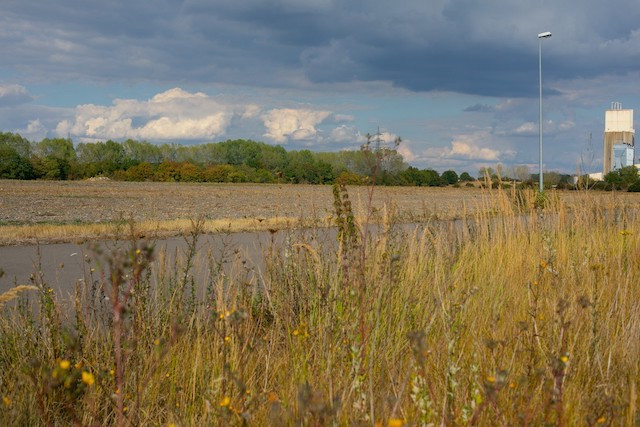Greek yoghurt maker Fage already has an administrative office in Luxembourg but in 2016 bought a plot of land to build a factory to produce 80,000 tonnes of yoghurt per year.
The deal is facing scrutiny from MPs after economy minister Franz Fayot (LSAP) said it wasn’t guaranteed that the government could buy the land back in case the project falls through.
MPs said his predecessor--Étienne Schneider, who signed the agreement--had previously said the state would have a first right to buy at the price the land was sold to Fage, adjusted for inflation.
Josée Lorschée (déi Gréng) told Paperjam that Fage had bought the land at €20,000 per 100m2, compared to a purchase price on the private market of €80,000.
But Fayot pushed back against questions from MPs over payments by Fage to consulting companies that don’t exist. Two Luxembourg-based consultancies have received $53.4m since 2012 from the yoghurt maker.
They don’t employ any staff though and are tied to the family behind Fage. “If anyone thinks this is illegal, they should file charges. It’s not for me to judge,” Fayot said, according to Paperjam.
The project is also facing opposition as it is expected to need up to 2.5m litres of water per day to operate--the equivalent of a city with 18,000 residents. The exact requirements are still unclear, environment minister Carole Dieschbourg (déi Gréng) told lawmakers.
During a public consultation over the summer--a mandatory step in gaining planning permission--citizens filed more than 20 complaints against the project with authorities in Bettembourg and Dudelange. Nearby towns, including Esch-sur-Alzette, have also voiced their opposition.
Dieschbourg and Fayot will mull over all information provided by Fage as well as documents submitted against the plant, they said, to assess whether the project meets Luxembourg standards and criteria.
If it does meet all legal requirements, the government’s hands are tied, however, and it will have to give the go-ahead. Dieschbourg has proposed changes to planning permission procedures to better account for the environmental impact of industrial projects.
The Fage plant is expected to generate around 100 jobs in a first phase, doubling this number when it is fully operational.
